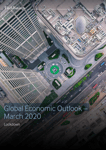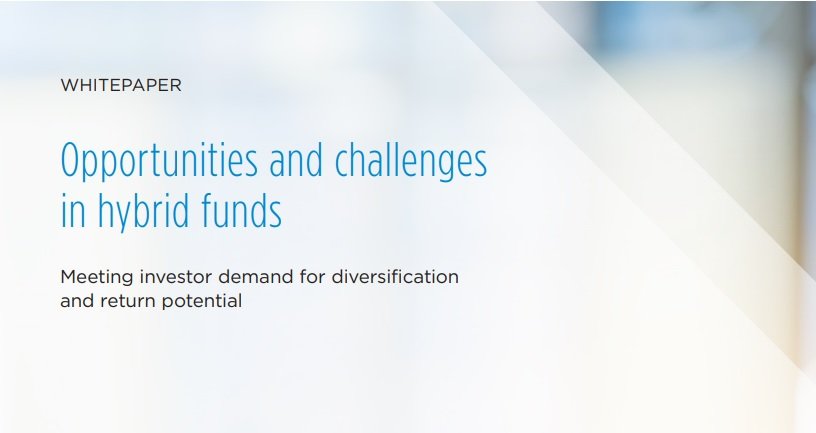KPMG: Potential impact of COVID-19 on the Indian economy
The global health crisis sparked by the outbreak of the coronavirus is taking an extraordinarily heavy toll on the world economy. The level of world GDP is falling and for all intents and purposes we are in global recession territory. Fitch Ratings has cut its baseline global growth forecast for 2020 to just 1.3% from 2.5% in the December 2019 Global Economic Outlook (GEO), a revision that leaves the level of 2020 GDP USD850 billion lower than in the previous forecast. But we could easily see an outright decline in global GDP this year if more pervasive lockdown measures have to be rolled out across all the G7 economies. Emergency macro policy responses are purely about damage limitation at this stage but should help secure a ‘V-shaped’ recovery in 2H20, assuming that the health crisis eases.
As our new financial year commences, the Novel Coronavirus (COVID-19) has infected more than eight hundred thousand people in more than 150 countries1 - a scourge confronting all of humanity, impacting lifestyles, businesses, economies, and the assumption of common well- being that all of us have largely taken for granted.
Even before the onset of this pandemic, the global economy was confronting turbulence on account of disruptions in trade flows and attenuated growth. The situation has now been aggravated by the demand, supply and liquidity shocks that COVID-19 has inflicted. Once the pandemic is controlled, the shape and speed of the recovery in the US and China will be key factors determining the nature and traction of global economic recovery.
It is our expectation at this time that the course of economic recovery in India will be smoother and faster than that of many other advanced countries. Indeed, the UNCTAD in its latest report ‘The COVID-19 shock to Developing Countries’ has predicted that major economies least exposed to recession would be China and India.
While we are now focusing in India on securing the population from health hazards and on providing relief, especially to the poor, we also need to think long-term - to secure the health of the economy, the viability of businesses, and the livelihoods of people. Apart from providing robust safety nets for the vulnerable, ensuring job continuity and job creation is key. And there is an urgent need to mobilise resources to stimulate the economy.
We have put together this paper as a first attempt to address these issues. We foresee seven ways in which the business landscape is likely to evolve in the days to come.





-1-1.png)


Leave a Reply